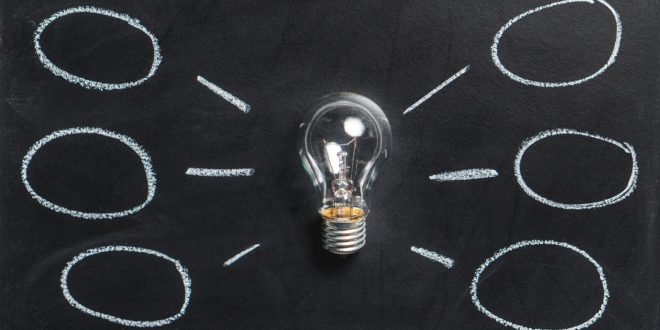COVID-19 has completely disrupted the way people go about everyday life. Your daily routine probably involves staying home most days. Since quarantines and stay-at-home orders are being enforced across the world, home energy usage was bound to increase at the beginning of the outbreaks.
An uptick is exactly what happened — energy usage in households has increased by 22% since 2019. Staying home has undoubtedly led to this spike, which means higher bills for consumers. However, you can take some steps to stay energy efficient during the coronavirus pandemic.
Start With the Small Things
The little things can go a long way. Every little bit adds up — when you turn off lights that don’t need to be on or shut off running water, you stop those sources of energy consumption. Recognize your new daily COVID-19 habits and routines and then take action.
Do you leave the lights on throughout your home? Do you leave the water on when you brush your teeth? If you leave the water on for a while, waiting for it to get hot, this is a waste of resources. Something as simple as an instant hot water dispenser can cut those costs.
Optimize Water Usage and Heating
Water usage goes far beyond your faucets. Your water heater, for instance, consumes a lot of energy. Heating water for a home is a continuous process and, without the right insulation, that heat can escape and go to waste. It’s necessary to insulate your heater properly.
Actions like cooking, showering and cleaning use hot water. If you turn down your heater’s temperature slightly, you can save more money during these activities. Though many people keep their heaters at 140 degrees F, this particular temperature isn’t necessary. A temperature of 120 degrees F works just as well and reduces your water bill.
Every degree counts — make your home appliances work for you during the pandemic.
Insulate and Seal Cracks
Heating and cooling are sacred things to have in any home — especially in the winter and summer, respectively. Leaks are the subtle foil to your HVAC system. Whether they’re in the system itself or your doors and windows, the smallest crack wastes money.
The spaces underneath your doors are some of the most common culprits concerning air leaks. Additionally, if your home doesn’t have the right insulation, you could also be looking at higher bills.
You can easily fix minor cracks with stoppers or seals. For fixing insulation, you’ll need to get creative if you’re on a budget. Placing curtains over windows and closing doors can keep heat or AC inside.
Switch Out Devices and Appliances
Starting with the basics, you should unplug your devices when they’re not in use. Even when they’re off, they use energy. This phenomenon is called phantom power — it’s subtle and inconspicuous, but leads to higher electricity bills. Save power by simply unplugging.
Then, you can move on to the bigger steps. Shop for devices and appliances with an Energy Star label on them. This label certifies that the products are energy efficient. You’ll find dozens of electronics and appliances like laptops, dishwashers, refrigerators and lightbulbs among your selections.
Last, knowing how to use your appliances is key. Often, they come with energy-saving settings, such as computers that offer eco-battery settings. For thermostats, raising the temperature by even 2 degrees can lead to money savings. You can increase it more when you’re out of the house and lower it or turn it off when you come back for more savings.
Though COVID-19 may limit how often you leave the house, every bit still counts.
Consult Energy Professionals
As a last resource, you can work with energy professionals virtually. Typically, they would come to your house to inspect your home’s systems and ask about your energy practices. However, with the pandemic making social distancing a necessity, virtual calls have taken over. Through this virtual chat, an energy consultant will help you optimize your home so you save money.
Energy Optimization
Though COVID-19 is creating a difficult time for everyone, you can offset some of the financial burdens with these steps. Decreasing your energy footprint helps you cut down on your bills now and after the pandemic passes.



